This blog post treats an important topic for anyone involved
Table of Contents
Togglein construction or planning to build in Nigeria.
We are going to talk about the most affordable building materials available in the country.
Building a house or any structure is a significant investment.
One of the biggest costs you will face is for the materials.
So, finding affordable options that are also durable and reliable is very important.
In Nigeria, the cost of materials can vary widely.
This blog post will help you understand which materials
give you the best value for your money. Let’s jump right in!
Related – Building Materials Used for Building Houses in Nigeria
#1. Cement
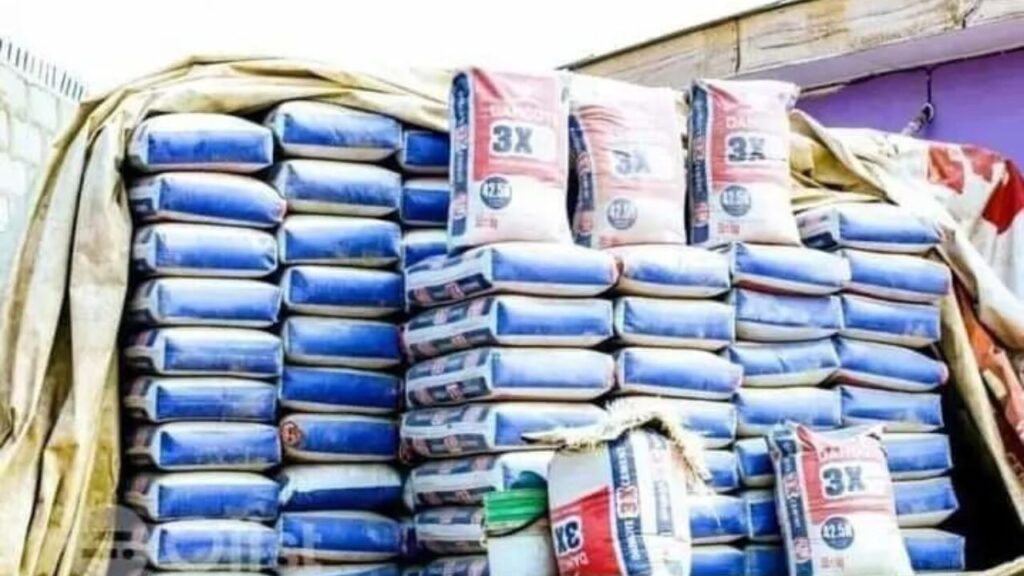
Let’s start with cement.
Cement is probably the most common building material you will come across.
It’s used in making concrete, mortar and plaster.
One of the reasons it’s so popular is because it’s relatively affordable and easy to get.
You can find brands like Dangote, Lafarge, and BUA almost everywhere.
Cement is strong and versatile, but you have to mix it properly to avoid cracks.
#2. Sand
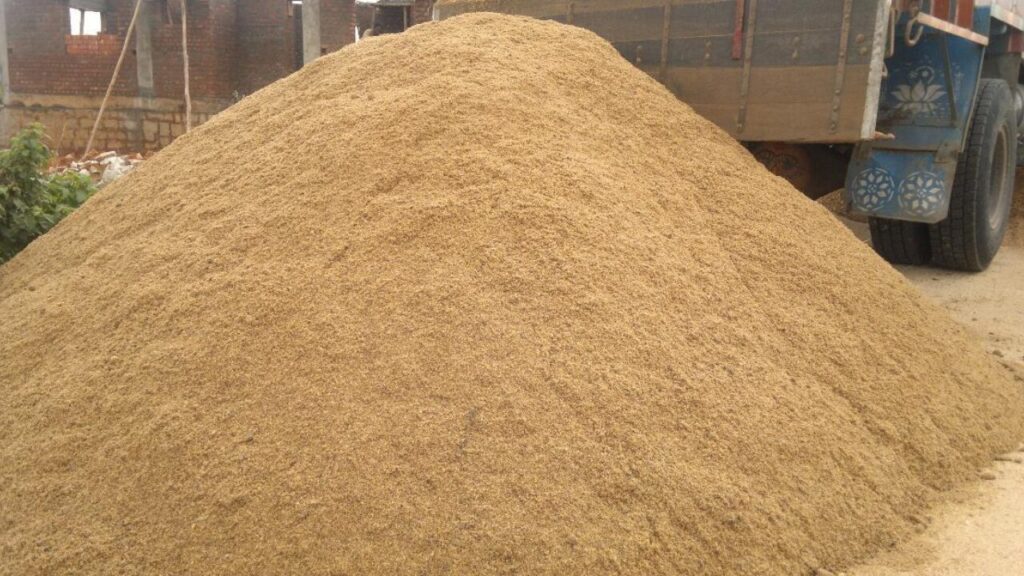
Next up is sand. Sand is used together with cement to make concrete, mortar and plaster.
It’s one of the cheapest materials you can buy, especially if you live in an area where it’s abundant.
The great thing about sand is that it’s easy to find and very versatile.
However, you need to make sure it’s clean and free from impurities.
Also read – How many months does it take to build a house in Nigeria?
#3. Laterite
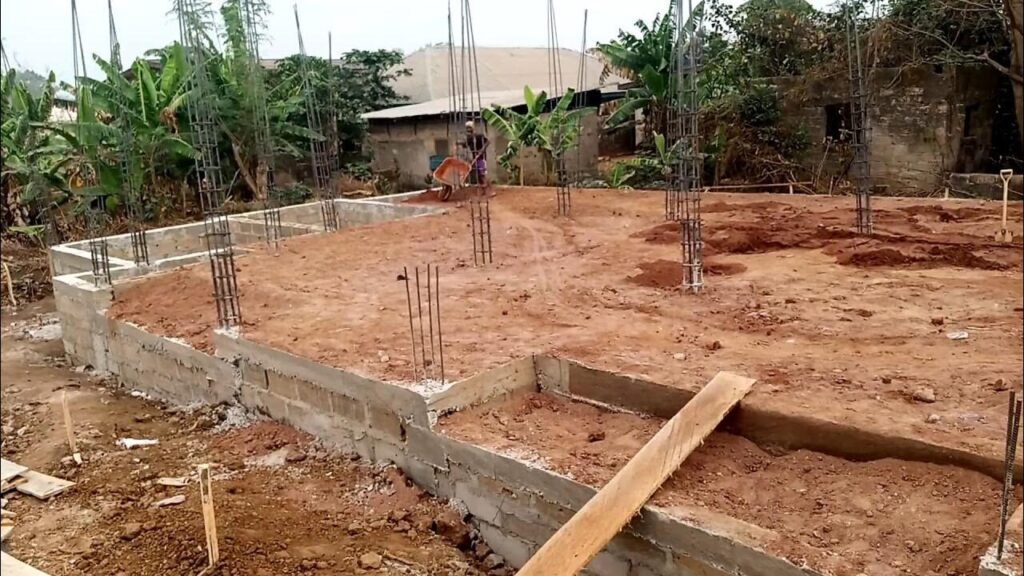
Now, let’s talk about laterite. Laterite is a type of soil that’s rich in iron and aluminum.
It’s commonly used for road construction and building foundations.
One of the best things about laterite is that it’s very cheap,
particularly in regions where it’s naturally found.
It’s good for load-bearing structures, but it’s not suitable for every type of building.
#4. Wood
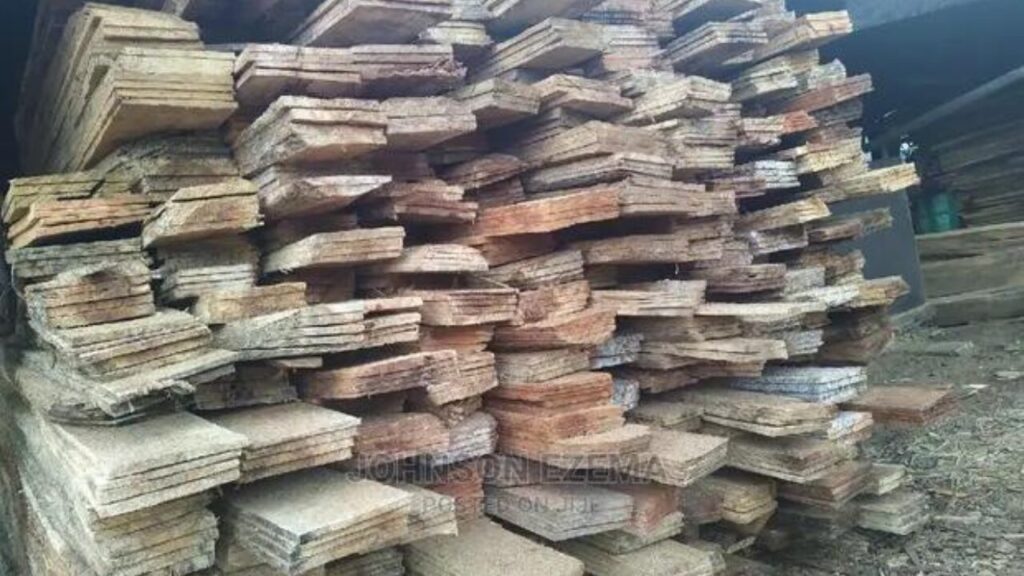
Wood is another essential building material. It’s used for framing, roofing, and finishing.
The cost of wood can vary, but certain local types are quite affordable.
Wood is easy to work with and looks great,
but it needs to be treated to prevent termite damage.
#5. Burnt Bricks
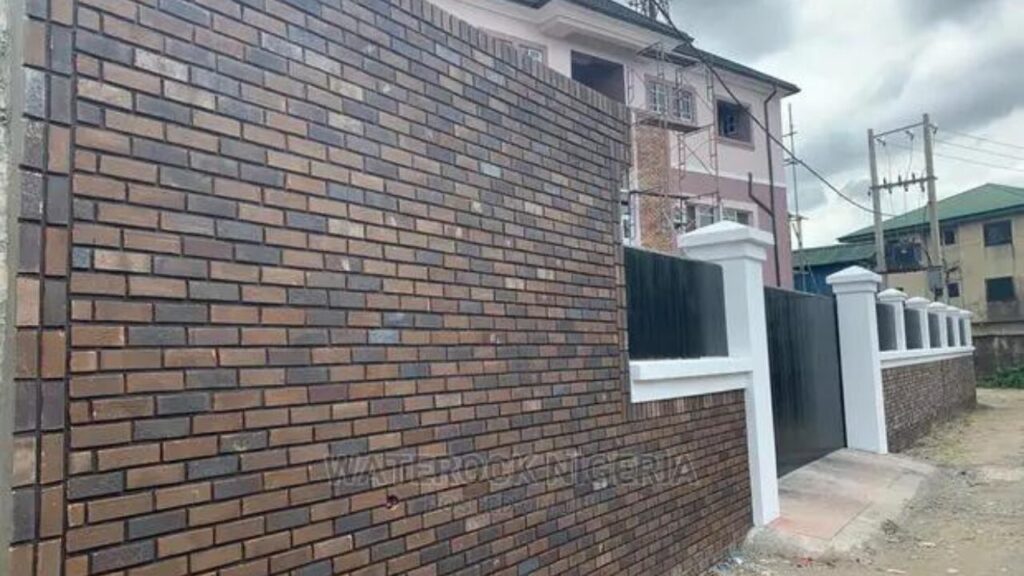
Burnt bricks are made from clay and then fired in a kiln.
They are relatively cheap and offer good insulation.
Burnt bricks are durable and look attractive, but they can be heavy and
need skilled labor for installation.
#6. Aluminum Roofing Sheets
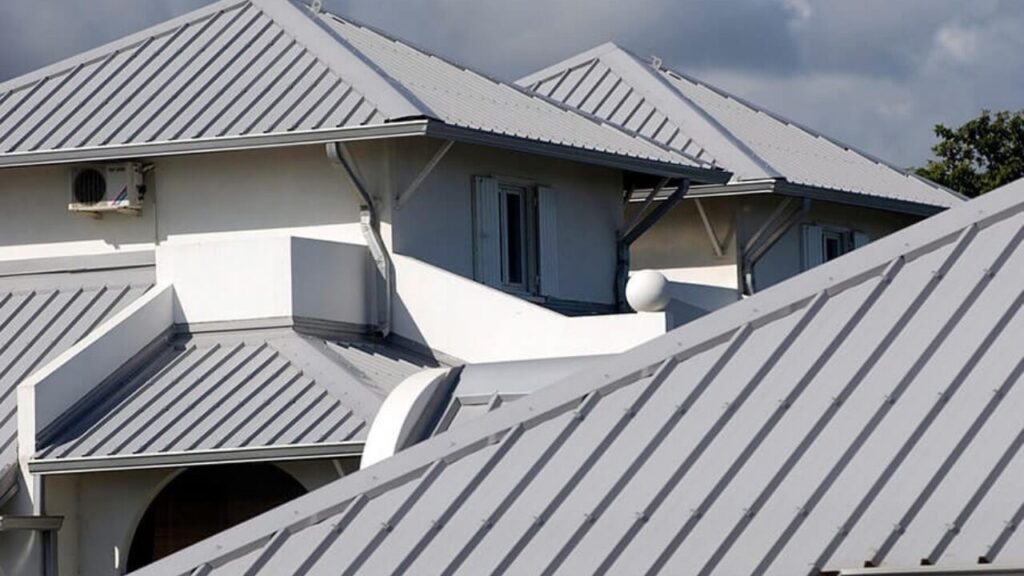
Aluminum roofing sheets are popular because they are lightweight and durable.
They don’t rust, which is a big plus. While they may not be the cheapest option upfront,
they last a long time and are worth the investment.
However, they can be noisy during rain.
Also read – 6 Types of Roofing Sheets in Nigeria (trending)
#7. Bamboo
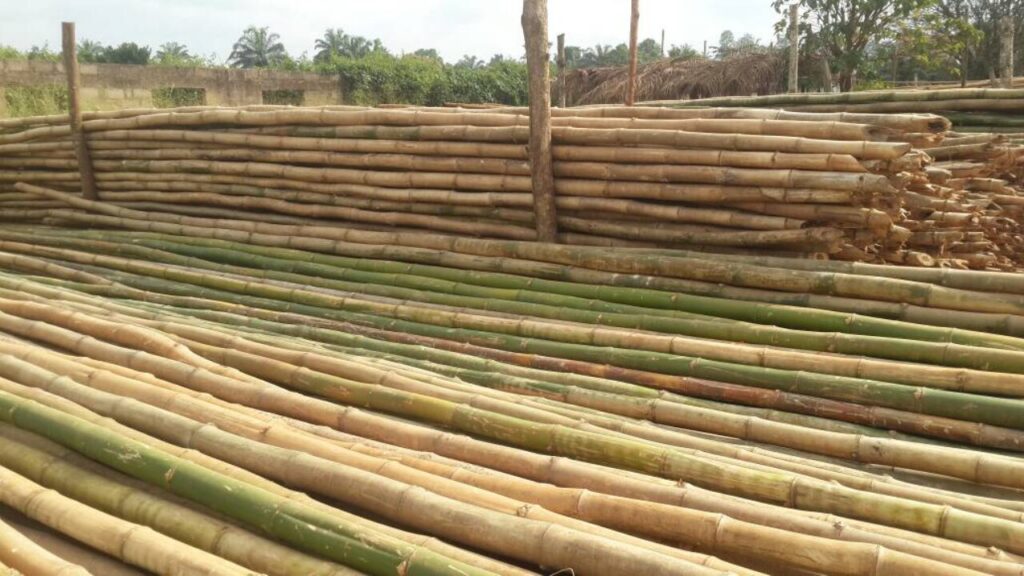
Bamboo is a fantastic, renewable resource.
It grows quickly and is used for scaffolding, roofing, and flooring.
Bamboo is very affordable and sustainable, especially in areas where it grows naturally.
It’s strong and flexible, but it needs to be treated to prevent pest damage.
#8. Stone
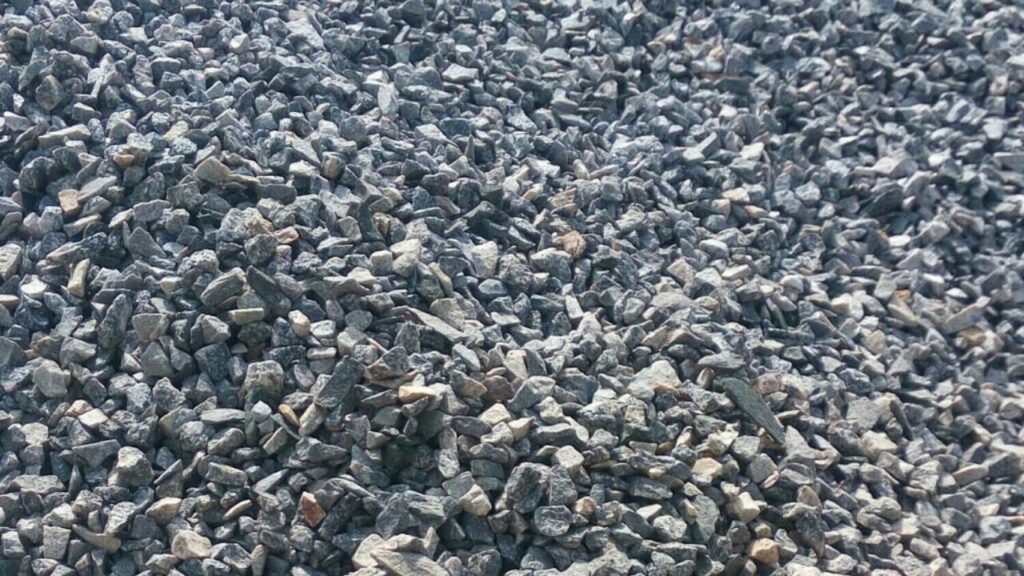
Stone is a natural material that’s incredibly durable.
It’s used for foundations, walls, and landscaping.
The cost of stone depends on the type and where you get it,
but local stones can be quite affordable.
Stone is low maintenance and fire-resistant but can be heavy and hard to transport.
#9. Recycled Materials
Recycled materials like reclaimed wood and metal are becoming
more popular in sustainable construction.
These materials can be very cost-effective and help reduce waste.
They are environmentally friendly and can be used in various parts of a building.
However, their availability can be inconsistent, and the quality may vary.
Tips for Choosing Affordable Building Materials
- Evaluate Local Availability: Choose materials that are easy to get in your area to cut
down on transportation costs. - Consider Durability: Pick materials that will last a long time to avoid frequent repairs.
- Sustainability: Use eco-friendly materials to help protect the environment.
- Seek Professional Advice: Talk to builders or architects to make informed decisions.
Thanks for reading! We hope this guide helps you
make better choices for your next construction project.
If you have any questions or need further advice, feel free to reach out to us at BullionRise Consult.










